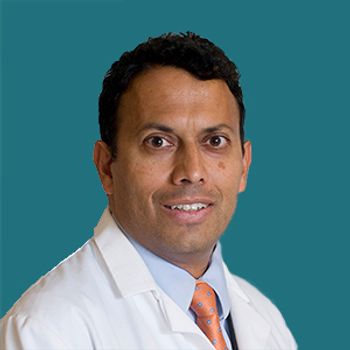
Florian Eichler, MD, a neurologist at Massachusetts General Hospital, discussed efficacy data from the CANaspire clinical trial that he presented at ASGCT 2023 showing reductions in urine NAA levels.

Florian Eichler, MD, a neurologist at Massachusetts General Hospital, discussed efficacy data from the CANaspire clinical trial that he presented at ASGCT 2023 showing reductions in urine NAA levels.
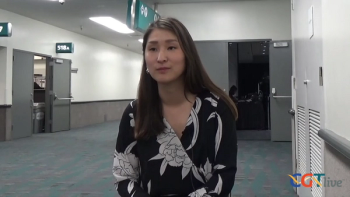
The senior scientist at Tune Therapeutics discussed preclinical research presented at the ASGCT 2023 meeting.
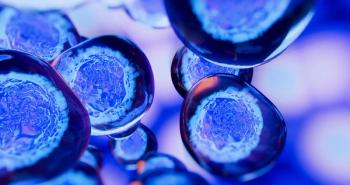
There were no dose-limiting toxicities, serious adverse events, nor infusion-related reactions among 6 patients treated with ENCell’s investigational EN001 therapy.
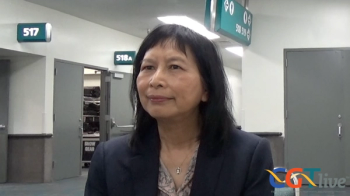
The principal investigator at Seattle Children’s Research Institute discussed her lab’s preclinical research on nonviral delivery methods for gene editing tools in the context of treating hemophilia A.
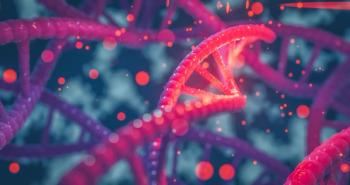
Lena Winstedt, PhD, Hansa Biopharma, discussed imlifidase, which is being investigated in combination with gene therapies from Sarepta and Genethon.
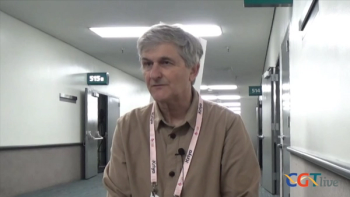
The chief scientific officer at REGENXBIO discussed multiple presentations given by the company at the 2023 ASGCT meeting.
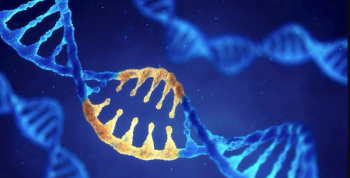
All evaluable patients had improvements in natriuretic peptides, left ventricular volume, and NYHA class.
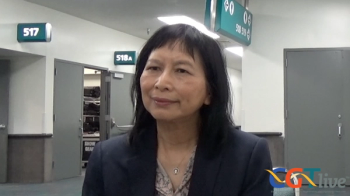
The principal investigator at Seattle Children’s Research Institute discussed the preclinical research on delivery methods for genomic medicines that her lab presented at ASGCT’s 2023 meeting.
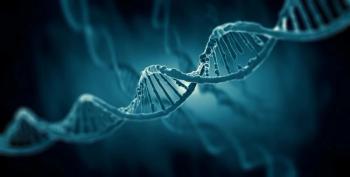
There were no serious adverse events reported and no patients discontinued from the study.
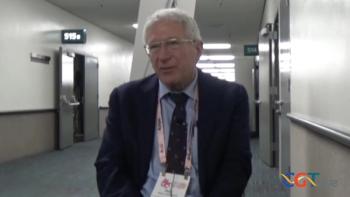
The pediatric gastroenterologist and professor in residence at University of California at San Francisco discussed updated data from the phase 1/2 CAMPSIITE trial presented at ASGCT 2023.
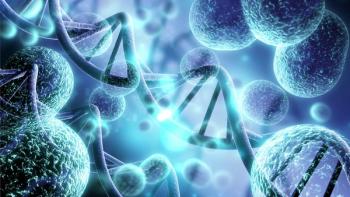
All evaluable patients had significant reductions in daily cornstarch intake at 1 year and at last visit during long-term follow-up.
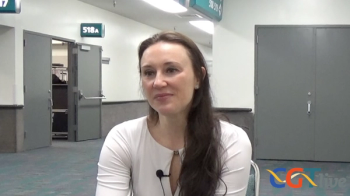
The CEO, founder, and president of Siren Biotechnology discussed the preclinical data she presented at ASGCT’s 2023 meeting on the use of AAV immuno-gene therapy for high-grade gliomas.
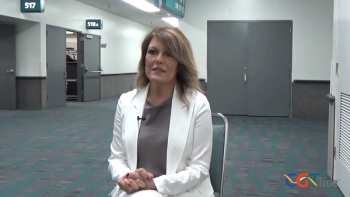
The chief scientific officer at Candel Therapeutics discussed late-breaking data presented at ASGCT 2023.
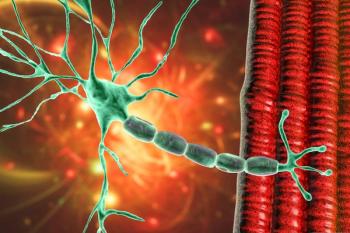
The trial compared data from external controls including a recent domagrozumab null study and a propensity score weighted comparison.
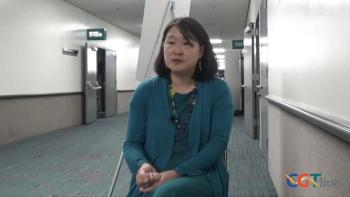
The senior investigator at the National Cancer Institute Center for Cancer Research discussed updated data from a phase 1/2 trial presented at ASGCT 2023.
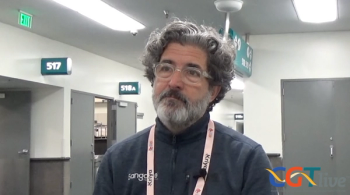
The chief scientific officer of Sangamo Therapeutics discussed the company’s AAV capsid evolution research.
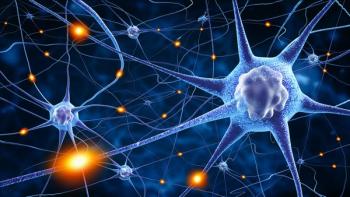
The findings, presented at ASGCT’s 2023 conference, included an analysis of biomarker data in relation to disease severity.
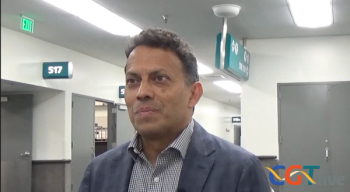
The neurologist at Massachusetts General Hospital discussed BBP-812, an investigational AAV vector-based gene therapy being evaluated for Canavan disease in a phase 1/2 trial.
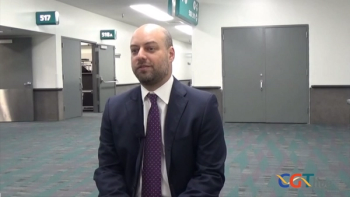
The senior research fellow at Fred Hutch Cancer Center discussed findings from the PLAT-08 trial presented at ASGCT 2023.
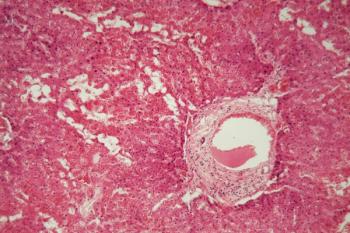
All 8 patients with light chain amyloidosis who received HBI0101 responded.
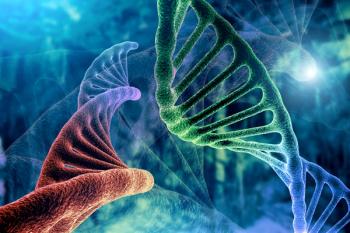
The most robust transduction in nonhuman primates was seen with ICV delivery of pooled PM4.AAV.mRFP and AAV2.mNG gene therapy,
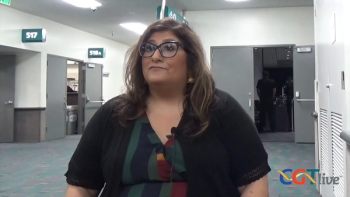
The professor of medicine at University of California San Diego discussed new research from her lab presented at the 2023 ASGCT meeting.
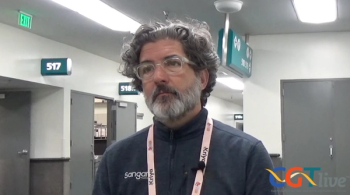
The chief scientific officer of Sangamo Therapeutics discussed data from 2 of the company’s programs that were presented at ASGCT’s 2023 conference.
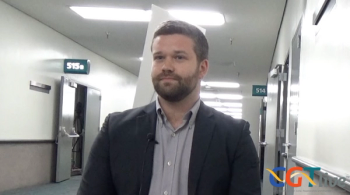
The senior scientist at Eterna Therapeutics discussed the company’s numerous presentations at ASGCT’s 2023 conference.

Data trends suggesting stabilization of disease were seen in patients with Tay-Sachs, but more research is needed, especially for those with Sandoff disease.

Updated data from the RESTORE study on MCO-010, Nanoscope Therapeutics' investigational gene therapy, were presented at the 2023 ASGCT meeting.
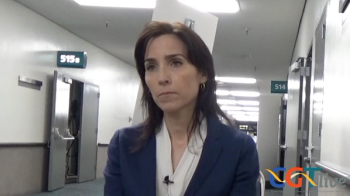
The vice president of research at Prime Medicine discussed a preclinical study on a novel autologous HSCT treatment that was presented at ASGCT’s 2023 annual meeting.
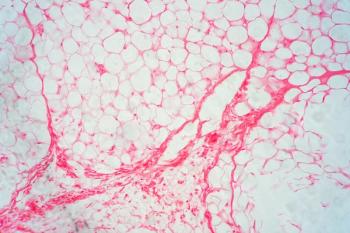
Following implantation with CellGenTech’s LCAT-GMAC, the patient’s serum LCAT activity increased by approximately 50% of baseline.
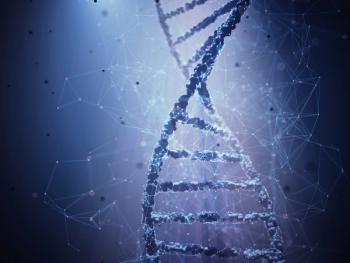
ImmTOR induces immune tolerance and may reduce or eliminate Nab formation, allowing potential redosing of gene therapy.

Among 27 evaluated patients with relapsed/refractory B-cell acute lymphoblastic leukemia, 18 achieved a complete response.